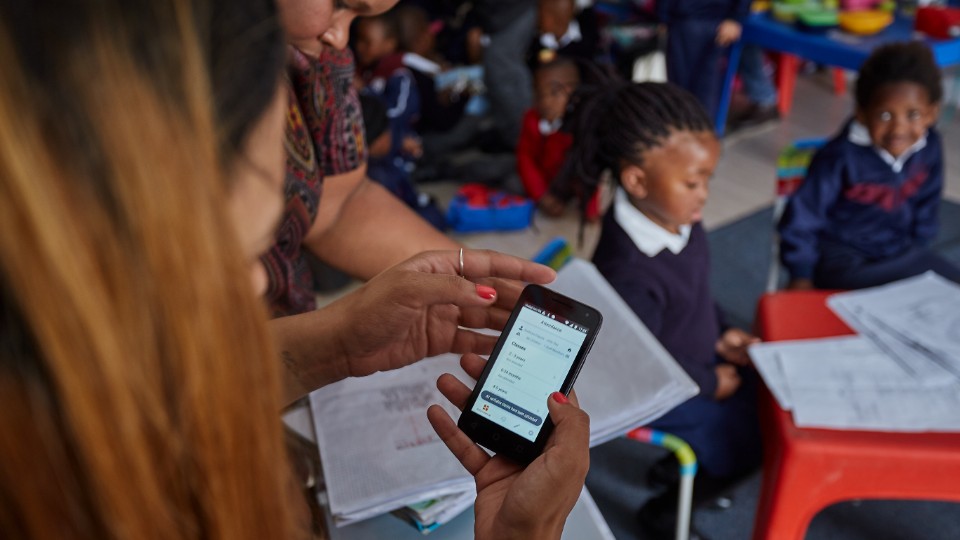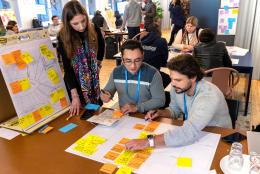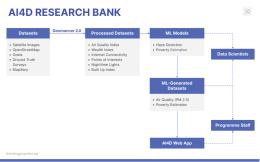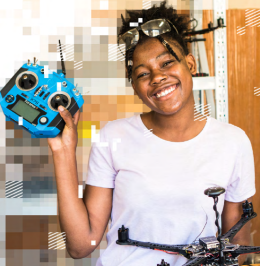
Solutions like Rah-ee-ma’s allows organisations and companies to adapt their technology – improving the efficiency, impact and scale of their own programs and in strengthening their policies and products. As a business, it offers opportunities to engage with these stakeholders and offer services such as customising the platform to meet their individual needs, hosting and offering additional proprietary products that enhance the open source solution. These 5 companies believe their goal to achieve widespread impact offers opportunities to build a sustainable business.
Different companies, institutions, and individuals have different motivations for why they have chosen to open source their technology. For our first 5 startups, they have made their product bigger than their venture and are tapping into a potential that is bigger than their abilities.
Are you a tech start-up looking for seed funding? Are you working on a solution that could improve the lives of children? Make a submission for investment to the Innovation Fund. Find out more on www.unicefinnovationfund.org
Related Stories





